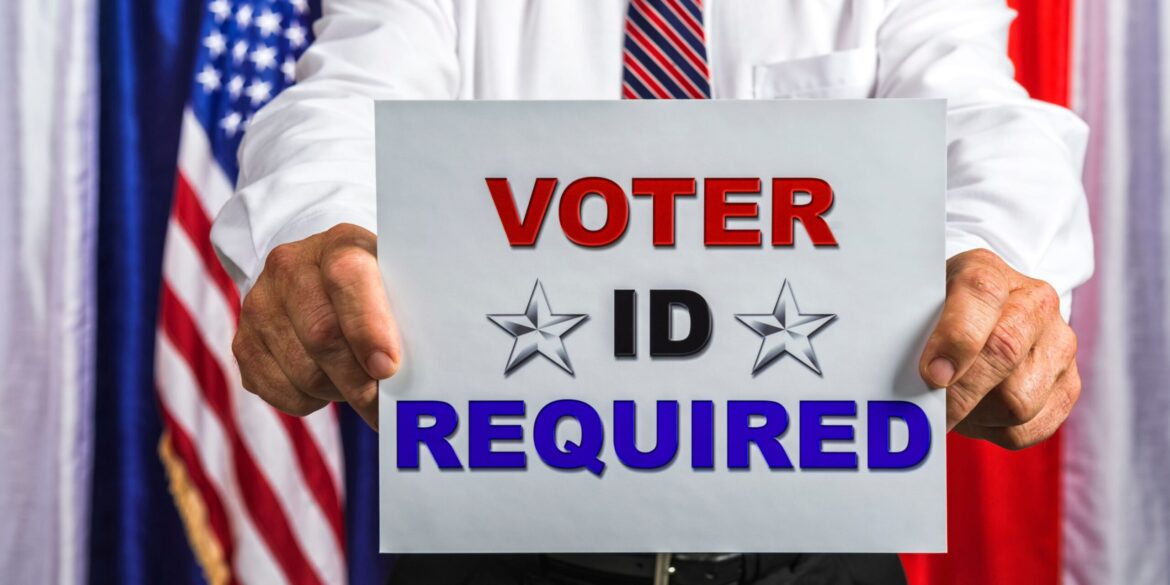Austin, TX, USA – On May 16, 2024, Texas Governor Greg Abbott signed an executive order expanding voter identification requirements in the state, a move that has sparked considerable controversy across the political spectrum. The new mandate requires all voters to present a government-issued photo ID at polling places, including during early voting periods and in situations where mail-in ballots are used. This executive action builds on a series of Republican-led voter integrity measures passed in Texas over the past several years, aimed at combating voter fraud and ensuring the sanctity of elections.
Governor Abbott, who has long been a proponent of stricter voter ID laws, argued that this new measure was necessary to protect the integrity of Texas elections. “This executive order strengthens the confidence Texans have in our elections by ensuring that only eligible voters cast ballots,” Abbott stated at a press conference following the bill’s signing. Abbott and other Republican leaders maintain that voter ID laws are essential to preventing fraud, citing concerns over identity theft, fake ballots, and other forms of election interference.
The order has been strongly supported by conservative groups, including the Texas Public Policy Foundation, which believes that such measures will help restore faith in the electoral process and provide a safeguard against potential voter fraud. Texas Republicans argue that voter ID laws are common sense and widely accepted by the public, especially since many states already have similar requirements in place.
However, critics of the law, including several civil rights organizations, have raised alarms about the potential impact on minority and low-income voters. Groups like the ACLU of Texas and the Texas Democratic Party argue that the stricter ID requirements disproportionately affect marginalized communities, particularly those who may not have access to the necessary identification documents, such as elderly individuals, people with disabilities, or people living in rural areas. Critics contend that the expansion of these requirements could suppress voter turnout, especially in historically underrepresented communities.
Polling data from the University of Texas Politics Center shows a sharp divide on the issue. While 70% of Republicans supported the executive order, citing its potential to enhance electoral security, 58% of Democrats opposed it, with many expressing concern over voter disenfranchisement. Independent voters were also divided, with 48% supporting the law and 45% against it, reflecting broader national debates about voter ID laws.
As Texas moves forward with the implementation of the new voter ID mandate, it is likely to remain a flashpoint in the national debate over election security versus voter access. While Republicans argue that stricter identification laws are critical for election integrity, Democrats and advocacy groups continue to voice concerns about the long-term consequences for democratic participation in the state. The legal and political battles over voter ID laws will likely continue to evolve as the 2024 election cycle approaches.

